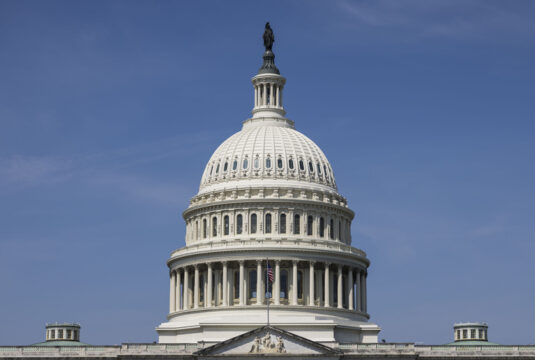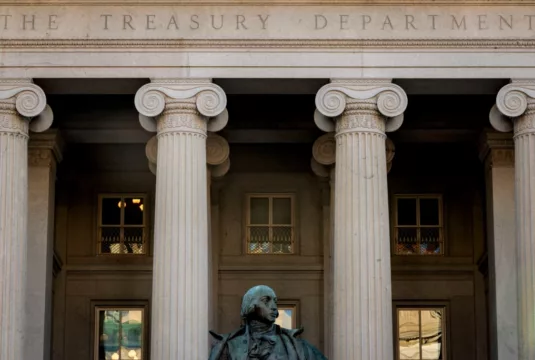Money Laundering and the Next Recovery Package
Lenders who acted “in good faith” in following the rules outlined in the CARES Act for relying on borrower information are understandably seeking protections. But these protections should not spill over to protect lenders who violated other lending laws when administering PPP loans.
The Paycheck Protection Program (PPP) was an early response to pandemic’s devastating impact on the economy. It was meant to pay for job preservation and other costs to keep struggling small businesses alive. Instead, too much of the funding went to pay for yachts, jewelry, and luxury cars. Money meant for the local pizza shop, the hardware store or other main street businesses instead went to Chinese state-owned enterprises and private equity firms backed by Chinese sovereign wealth funds. Despite some anti-discrimination provisions, evidence of racial discrimination suggests a need for greater attention to fair lending practices.
Make no mistake, hundreds of billions in PPP loans did go to legitimate small businesses, but those that lost out may not survive. An August survey by Small Business Majority found that 1 in 4 small business owners say without additional funding, they will face closure in three months.
Corruption and fraud in the PPP program is real and ruinous. Lenders certainly feel pressure to move loans quickly. Fair enough, but let’s look at efficiencies in the system that don’t seemingly invite the criminal and the corrupt to rush to the head of the line.
More than 5 million loans worth over $523 billion have already been claimed by businesses to alleviate the economic fallout caused by COVID-19. Few doubt that the funding provided necessary relief for struggling small businesses, but, as described above, the unprecedented size of the relief package opened the door to abuse.
With a second relief package on the horizon, lawmakers must make crystal clear that existing lending laws that protect both lenders and borrowers remain intact and guard against language that could be read to provide blanket immunity for misconduct.
At the recommendation of the Small Business Administration (SBA) and the Treasury Department, banks and credit unions quickly pushed to approve and disburse loans to counteract the economy’s decline in early April. Now, they are becoming overwhelmed with applications for loan forgiveness while preparing for a spike in claims cases. Banking trade associations have called on Congress to clarify protections and requirements for lenders. With the Senate expected to reconvene and pass additional relief measures, Congress must ensure that the final legislative text on this topic is clear and impervious to any interpretation that could suspend existing lending protections or grant blanket immunity to lenders. Insulating or absolving creditors of all wrongdoing, regardless of the nature of their actions, would leave federal and state regulators powerless to assess penalties or take enforcement actions in response to unlawful activity.
Lenders who acted “in good faith” in following the rules outlined in the CARES Act for relying on borrower information are understandably seeking protections. But these protections should not spill over to protect lenders who violated other lending laws when administering PPP loans. The federal laws that require honest and fair lending in the U.S., including the Bank Secrecy Act, the Equal Credit Opportunity Act, the False Claims Act, and the Financial Institutions Reform, Recovery, and Enforcement Act, must be enforced. Simply put, if the next coronavirus response package gives lenders blanket immunity, it could pardon all lender wrongdoing that may have taken place since the CARES Act was initially adopted, from lending discrimination to facilitating money laundering and everything in between.
It is critical to ensure fair lending laws at a time when minority and women-owned businesses have been at a disadvantage in receiving PPP funding. Between February and May, 26% of African American business owners were forced to close operations, more than double of their white counterparts. Blanket immunity for lenders would prevent a borrower who was discriminated against in their loan application from holding lenders accountable.
What Congress should do is streamline the PPP loan form and speed the delivery of checks- not suspend long-standing lending laws and allow livelihood-saving dollars to be diverted from legitimate businesses.





